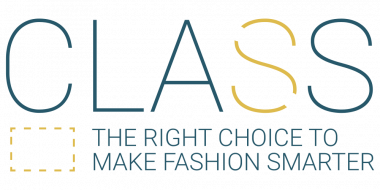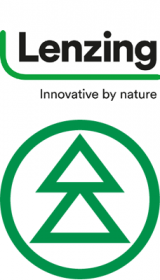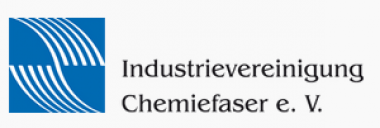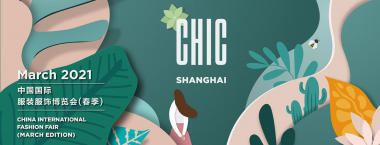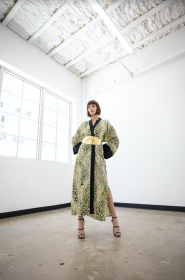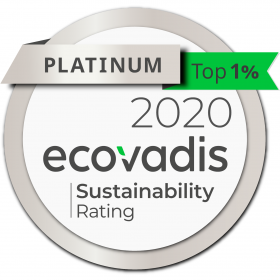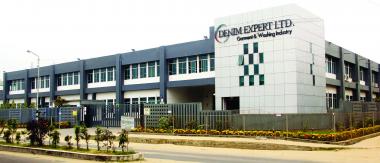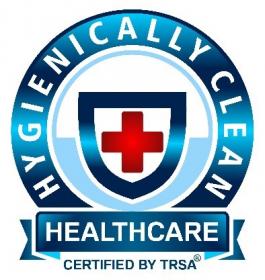C.L.A.S.S. ICON AWARD 2021 goes to DUARTE
The second C.L.A.S.S. ICON AWARD expands its vision embracing fashion streetwear with an attitude and bets on DUARTE, an emerging label committed to sustainability that shows a new way of being cool, yet responsible. “The C.L.A.S.S. ICON AWARD is much more than prize, it’s an open workshop with influential professionals that will support DUARTE in reaching the next level and being able to share my vision for responsible fashion”, comments Ana Duarte.
The designer (b.1991) launched her label DUARTE in 2016 just after graduation. Since then, the fresh, colourful and power-propelling brand has conquered both catwalks and cities’ streets with a responsible message. “Sustainability means durability, fair work practices, recycled materials and zero-waste,” is Ana’s mantra. Indeed, the collection is the result of a virtuous balance between production and locally-sourced, recyclable high-quality materials harnessed from factories’ deadstock. DUARTE also means circularity, the garments can be re-used and upcycled to create new collections.
The C.L.A.S.S. ICON AWARD is a project led by C.L.A.S.S. with the special support of IDEE BRAND PLATFORM which assists fashion brands in commercial activity, WHITE Milano, international fair supporting the new generations and independent brands with special projects since its inception and responsible shopping platform Renoon. Together they will all support DUARTE for a full year at 360°, from consultancy to communication.
C.L.A.S.S. C.L.A.S.S. ICON award DUARTE streetwear Clothing industry Sustainability zero waste Recycling
C.L.A.S.S. / GB Network Marketing & Communication


